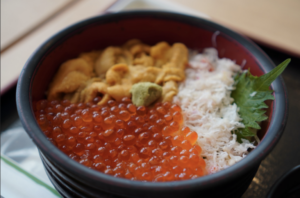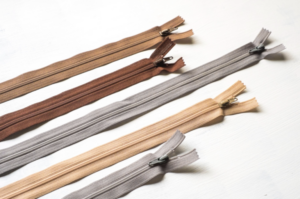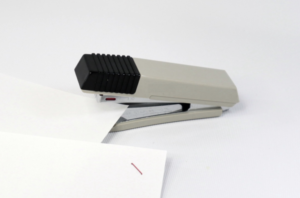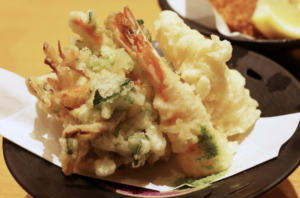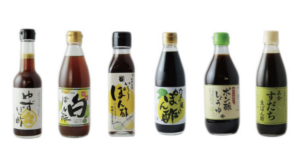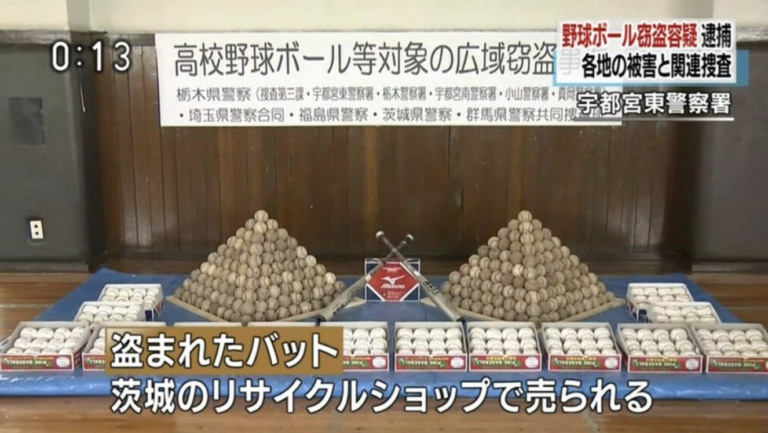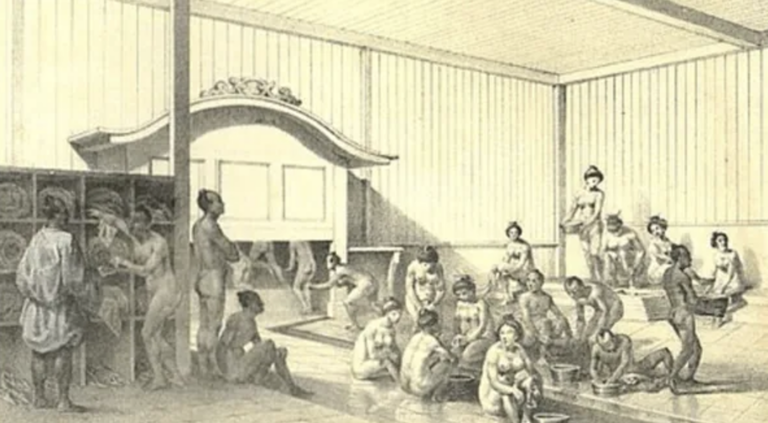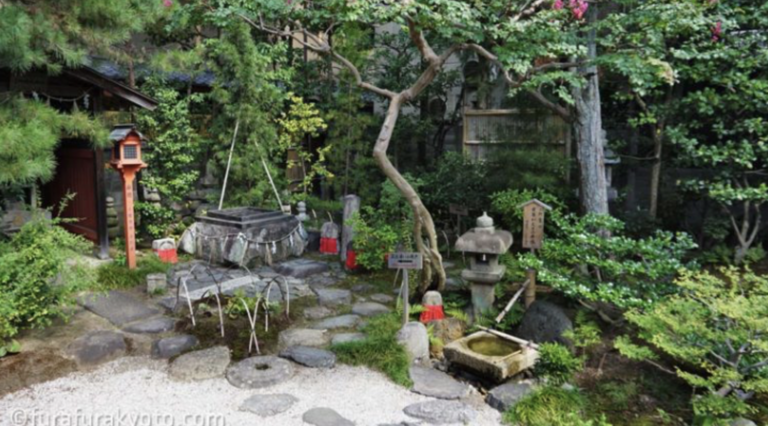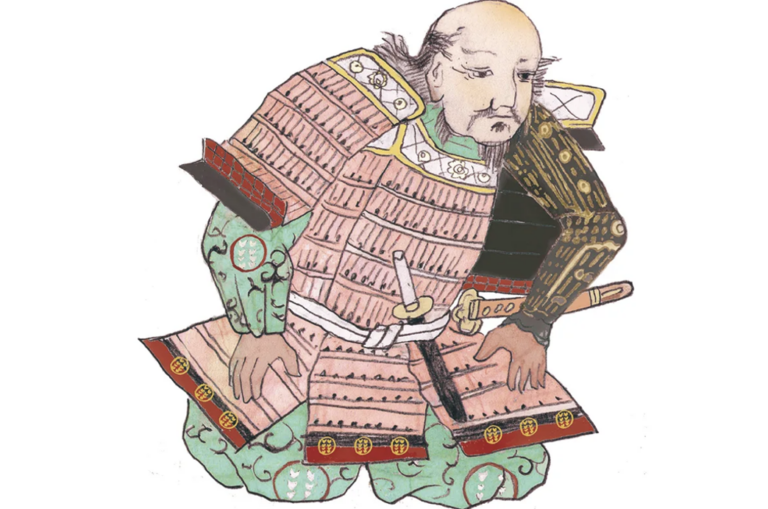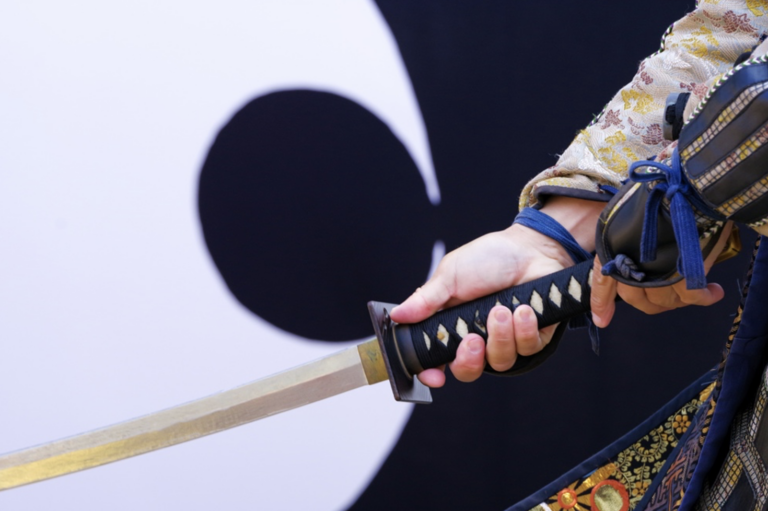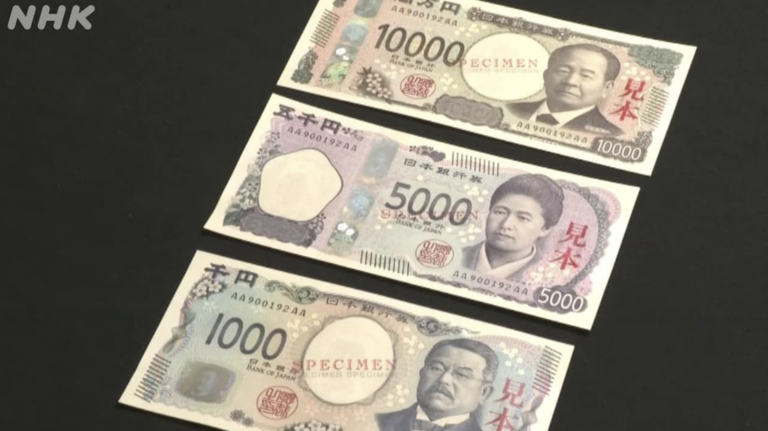How is this even Japanese? What Japanese people thought were foreign loanwords are actually…
Hello, Japanese language learners!
I think many of you may be suffering from the overwhelming number of characters in Japanese, which has a mix of hiragana, katakana, and kanji.
Since katakana is used mainly for foreign words, that is, Japanese words created from foreign words, many Japanese people also think that katakana can be understood in English if pronounced as it is.
Even if you read out the katakana as it is, the pronunciation is often too different to be understood, but for those who understand English, they may ask, “What language is this word originally from?”. Some of them are even coined words originating in Japan, which is confusing. Some words are written in kanji but are foreign words.
To make learning Japanese a little more fun let’s have a look at the etymology of some words.
Japan usually assigns kanji characters to the names of fish. Ikura, which is supposed to be a famous seafood ingredient, has no kanji. This is because the Russian word for “fish roe” is used in its original form.
ドン:Don
In English, this means “boss”. It is said to come from the Spanish and Italian honorific title Don, which is prefixed to a man’s name. The word “don” in Japan means “authority figure,” but it is not used in a very positive sense either. Be careful when using it because it has a strong image of being used by the Mafia or other Bosses.
チャック:Chaku
The English words “zipper” or “fastener” are called “chaku” in Japanese. Where does this word come from? It isn’t derived from a foreign language. In Japan, there is a small pouch called a “kinchaku”. It is closed by pulling the strings on each side of the opening, and is very easy to use, just like how a zip is. In this way the “chaku” part of “kinchaku” became the Japanese word for zipper.
ホッチキス: Hocchikisu
The English word “stapler” is called “hocchikisu” in Japanese. The name was taken from the E. H. Hotchkiss Company, which was the manufacturer of the product when it was first sold in Japan.
ノートパソコン: Noto pasokon
A laptop computer is called a “note pasokon” in Japan. This seems to be completely Japanese-English.
天ぷら: Tempura
Tempura is one of the most typical Japanese dishes, but you’ll be mistaken for thinking it is Japanese. It is derived from the Portuguese word “tempero”.
ポン酢: Ponzu
Ponzu is a refreshing Japanese sauce made from citrus juice and vinegar. The word is a hybrid of katakana and kanji, which is derived from the now-obsolete Dutch word “pons”. It was originally a type of citrus-based cocktail.
お転婆(おてんば):Otenba
This is kind of an old-fashioned expression, but it refers to a girl who is energetic. It comes from the Dutch word “ontembaar”, which means hard to control.
I hope this made your Japanese language study a little bit more fun. Many other Japanese words have interesting origins, so I will introduce them to you next time.
ABE KENGO


